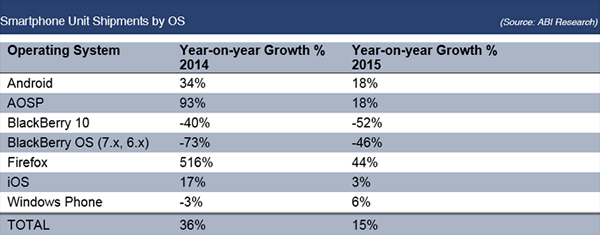 Chinese mandarins have the pip at Microsoft and fined the software giant more than $140 million in back taxes.
Chinese mandarins have the pip at Microsoft and fined the software giant more than $140 million in back taxes.
The case is being seen as the first major case concerning cross-border tax evasion in the country, as regulators ramp up pressure on US corporations doing business there.
According to China’s Xinhua official news agency, Microsoft must pay the Chinese government $137 million in back taxes and interest, as well as more than 100 million yuan in additional taxes a year in the future.
Microsoft did not confirm the report but said that in 2012 the tax authorities of China and the United States agreed to a bilateral advanced pricing agreement about Microsoft’s operations in China.
China receives tax revenue from Microsoft consistent with the terms of the agreed advanced pricing agreement.
An advanced pricing agreement sets the tax treatment of transfer pricing, or methods of booking prices and sales between subsidiaries, which Microsoft uses across the globe.
According to its fiscal 2014 annual report, Microsoft’s overall effective tax rate was 21 percent still lower than the US corporate rate of 35 percent because it funnels earnings through “foreign regional operations centres” in Ireland, Singapore, and Puerto Rico.
China was less patent than Western powers about this sort of thing. Microsoft was reporting losses for six years in China of more than two billion yuan while peers enjoyed profits. The taxman decided that this was unreasonable. It said the US company fessed up to tax evasion and its mainland subsidiary had agreed to pay the central government.



















